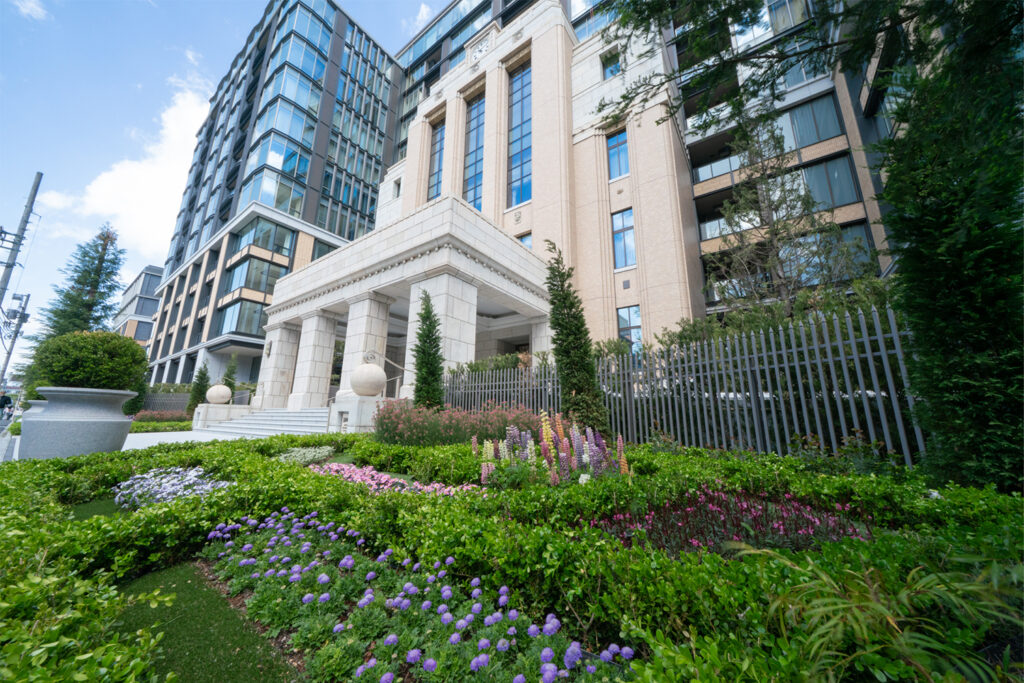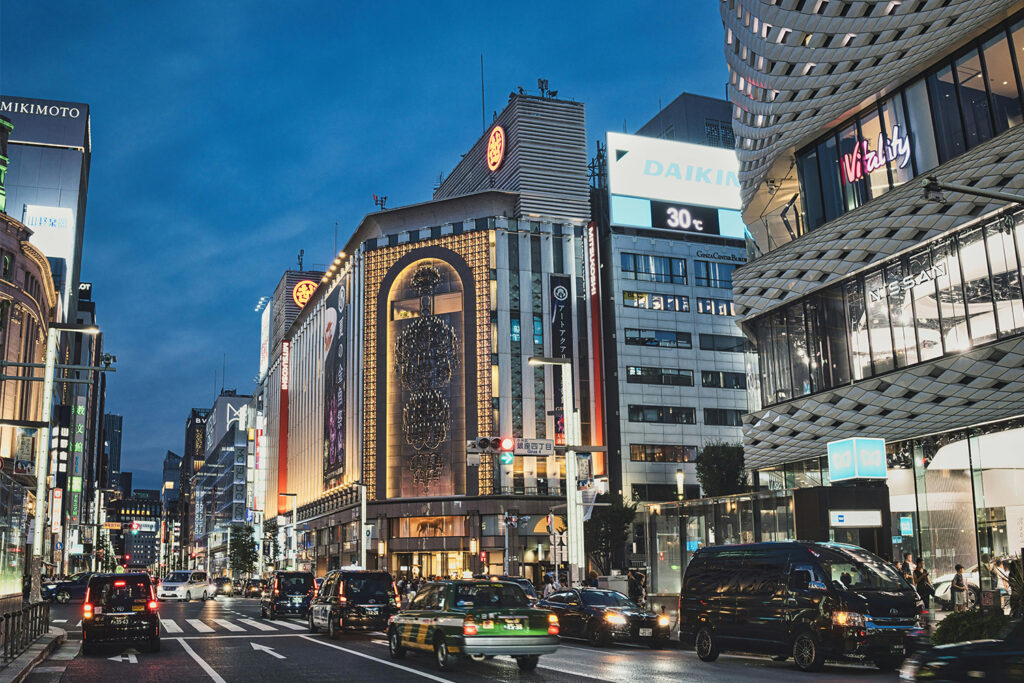
Tokyo’s Plan for the Next 100 Years
Tokyo is currently undergoing a massive redevelopment project that’s expected to shape the city’s future for the next century. This exciting plan includes measures such as popular neighborhood revitalization, high-rise buildings, new transport links, and disaster preparedness. The goal is to make Tokyo a world-leading city that’s sustainable, resilient and attractive to urban environments for both businesses and tourists. The project considers the city’s growing population, geological forecasts, and scheduled reconstruction, as well as the changing nature of urban living and lifestyles. This will make Tokyo an even more dynamic and innovative city that is well-prepared for the future and that will continue to be an exciting place to be for generations to come.
The Timeline
The project is expected to take place over the course of the next 100 years, with the first phase set to be completed by 2027. The project is divided into three phases, each of which focuses on a different aspect of the redevelopment plan.
Phase One involves the construction of new buildings, including office buildings and hotels, in the waterfront area. The project will also include the redevelopment of the Tsukiji fish market, which will be transformed into a new tourist attraction.
Phase Two focuses on the redevelopment of the city’s transportation infrastructure. This will include the construction of new roads, bridges, and tunnels, as well as improvements to the city’s public transportation system.
Phase Three involves the creation of a new innovation hub, where businesses and researchers can come together to develop new technologies and ideas. The project will also involve the creation of new residential areas and the renovation of existing neighborhoods.

CGI of the upcoming waterfront area project “eSG Tokyo Bay Project” /Tokyo Metropolitan Government
The Growing Trend of High Rise Buildings in Construction
Shibuya and Toranomon are two areas in Tokyo that are experiencing a rush to construct high-rise buildings. Shibuya is set to have eight major office and commercial developments with high-rise buildings completed between 2023 and 2029. Specifically, the area surrounding the station is scheduled for completion in 2027.
One example of this development is Sakura Stage, a 39-story building complex that will be completed in the fall of 2023. Commercial facilities are set to open by the summer of 2024. According to Masashi Okada, president of Tokyu Land Corporation, “The area around the station is in the final stage of redevelopment, and Shibuya will become a place where people from all walks of life can easily visit.”
The Toranomon area, located approximately six kilometers from Shibuya, is also undergoing redevelopment. Mori Building Company is set to open Toranomon Hills Station Tower in the fall of 2023. This skyscraper, developed with the Toranomon Hills subway station, will have 49 floors above ground and four below, standing approximately 266 meters high.
According to Shingo Tsuji, president of Mori Building Company, “This is not a simple reconstruction of a building but a redevelopment project integrated with an unprecedentedly large-scale urban infrastructure.”

Image Illustration of the Shibuya Sakura Stage / Shibuya Sakura Stage Teaser Site
Improving Transportation Infrastructure
Tokyo’s urban redevelopment efforts have also heavily relied on public transportation to support its transformation. Shibuya Station, one of the busiest train stations in Tokyo with an average of 3.32 million boardings and disembarkations per day, is currently undergoing construction since 2015 to improve its accessibility. The massive project involves approximately 4,000 workers and has caused significant disruptions to the station’s operations during its 53 hours and 30 minutes of work.
The Tokyo Olympics and Paralympics have also brought about significant changes to the waterfront area, with the former athletes’ village being repurposed into a massive condominium complex capable of housing around 12,000 residents, set to open in March 2024. Meanwhile, the redevelopment of the 23-hectare former site of the Tsukiji Fish Market is also in progress and to be completed in 2029.
Given the anticipated growth in population in these waterfront areas, the Tokyo Metropolitan government is developing a new subway system. The project is estimated to cost between ¥420-510 billion, equivalent to around 10% of Tokyo’s annual revenue, but is expected to become profitable within 30 years of its planned opening in 2040. Additionally, there are plans to connect the subway to Haneda Airport to further bolster Tokyo’s international competitiveness.
Tokyo’s massive redevelopment project is a bold plan that aims to reshape the city for the next century. It has the potential to make Tokyo a more open, international, and sustainable city and as the project moves forward, it will be interesting to see how Tokyo’s future takes shape.
Source: World Economic Forum Feb 21, 2023
Shibuya Sakura Stage Teaser Site 2023
Tokyo Bay eSG project / Tokyo Metropolitan Government 2023











